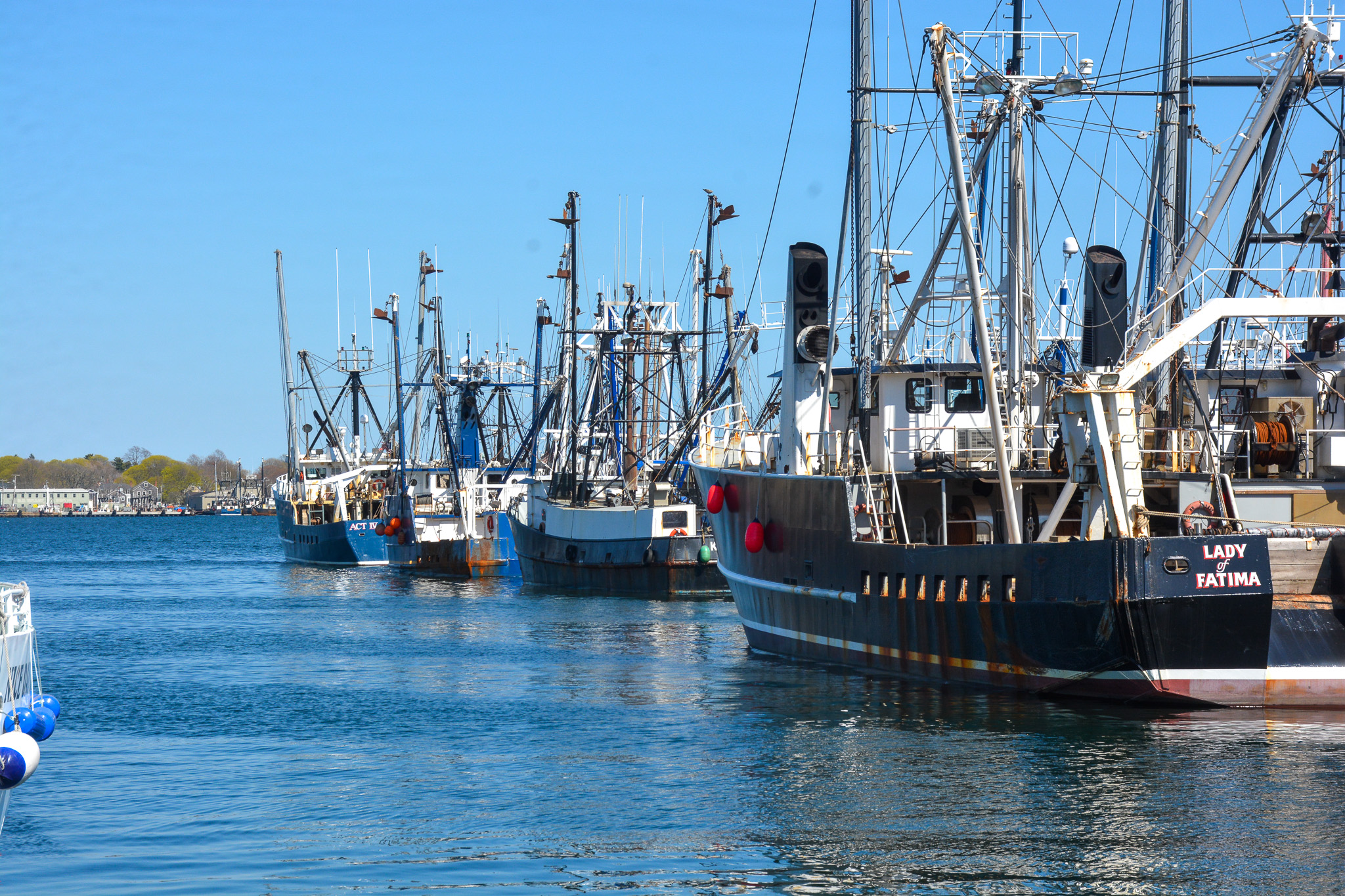I’ll always believe in open-access fisheries. I worked on deck for several years before buying my own boat. I sent away for a $25 Maine commercial fishing license and was on my own to sink or swim. With the help of others, I swam.
As have so many others, from the Chuck Bundrants and Francis J. O’Haras of the world, who built major fishing and seafood corporations, to the single-vessel owner-operators whose boats line wharves from the Arctic Circle to the Florida Keys. Some have achieved considerable wealth; some have scratched to make the payments; some have left the business. What we share is the common experience of dumping seawater out of our boots.
I know the arguments against open-access fisheries. I don’t deny the risks. And I am realist enough to know we aren’t going back there. But if we believe that a fishery management regime that invites private equity investment improves on free enterprise, we have done worse than miss the boat — we have abandoned the American Dream.
Recently, the digital newspaper New Bedford Light teamed up with ProPublica, whose stated mission is “investigative journalism in the public interest,” to shine its light on the impacts of private equity investment in the New Bedford groundfish fleet.
Private equity funds are just that — investment partnerships that buy and manage companies to sell. They are typical financed by long-term investors and through debt.
The New Bedford Light investigation found that Blue Harvest Fisheries, which is held by a Dutch family through a private equity firm, is by its own account the single largest groundfish permit holder in New England, with quota shares that approach the 15.5 percent antitrust cap set by the New England Fishery Management Council. In addition, Blue Harvest leases additional quota from smaller operators, according to the investigation.
It's only a matter of time before Blue Harvest reduces the number of fishboats in its fleet in favor of catcher processors.
Nor is Blue Harvest the only private equity venture on America’s waterfronts. According to the report, in the first half of 2021, private equity firms accounted for 34 percent of mergers and acquisitions in the fishing industry.
Moreover, it is the nature of private equities that profits that once would have stayed within a fishing community instead provide billionaire investment returns elsewhere. In the case of Blue Harvest, that’s as far away as the Netherlands, even as employment declines and crew shares are reduced in New England.
That this is heartbreaking is bad enough. Worse, it was planned. We are witnessing the inevitable — and entirely foreseen — consequence of the implementation of catch shares.
When catch shares — then known as individual fishing quotas — were implemented in the Alaskan halibut and blackcod fishery in the mid-1990s, the North Pacific Fishery Management Council took two steps to preserve the character of the fishery. First, it limited each vessel’s quotas to a minimal share of the total catch. Second, it required the quota owner to be aboard the vessel.
No such steps were taken in New England, even though the catch shares program for Northeast groundfish was developed more than a decade after IFQs were adopted in the North Pacific fishery.
It was no coincidence. Why contend with scores of vessels all begging for more fish to catch if you can devise a system that will starve most of them out, leaving a handful of profitable operators who can further improve returns by developing economies of scale?
Actually, the “why” is simple — to preserve fishing communities. Yet one must look no further than New Bedford to realize that far from preserving fishing communities, the combination of catch shares and private equity are likely to hasten their demise.
Not without justification, NOAA likes to point to the various marine species that have recovered since the Sustainable Fisheries Act first became law more than 45 years ago. Its record on fishing communities — whose social and economic health the SFA also requires — is less commendable.
If all we want to do is preserve fish, that’s easy: stop fishing! Deriving maximum economic and social benefits from fisheries gets trickier. But if we allow private equity investors to buy our fish, beach our fishermen, and harvest the profits far from the waterfront, we’re not even trying.







